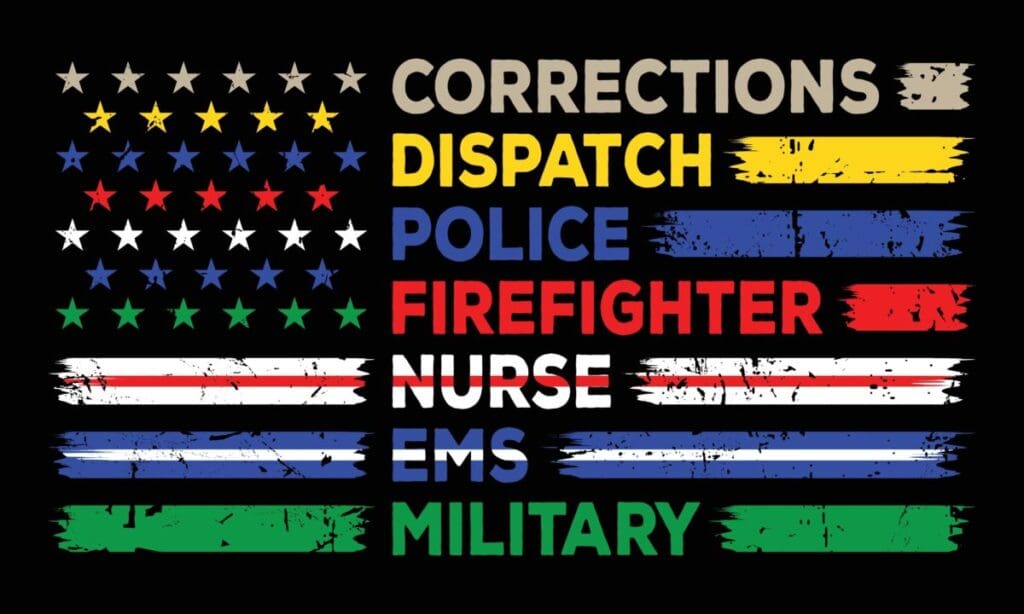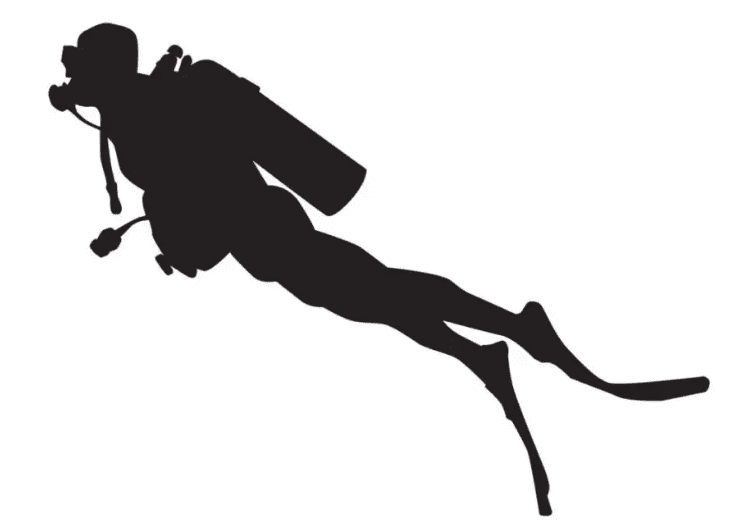Refractive Surgery: A Game Changer for Military/First Responders

Refractive surgery, including procedures like LASIK and PRK, has become a popular option for individuals seeking to correct their vision and reduce dependency on glasses or contact lenses. For those serving in the military or working as first responders—such as firefighters, police officers, and paramedics—having clear, unaided vision is crucial for performing their duties effectively. Here’s what you need to know about refractive surgery and its impact on these high-demand professions.
Does the Military Allow Refractive Surgery?
YES! In fact, the military often encourages service members to undergo refractive surgery under specific conditions. Clear vision without the need for corrective lenses is beneficial for operational readiness, particularly in combat and high-risk environments. However, each branch of the military has its own policies and guidelines regarding refractive surgery.
Refractive Surgery: Why is it Beneficial for Military Personnel and First Responders
Both military personnel and first responders operate in high-stakes environments where clear vision is essential. Correcting vision through refractive surgery can offer several advantages:
Enhanced Performance: Clear vision improves response times and accuracy in critical situations.
Increased Safety: Eliminates the risk of glasses falling off or contact lenses becoming dislodged during intense situations.
Operational Readiness: Unrestricted vision can be vital in combat zones, smoke-filled environments, nighttime operations, or rapid-response scenarios.
Which Procedures Are Approved?
The two most commonly accepted refractive surgeries in the military are:
PRK (Photorefractive Keratectomy) – Often preferred for military personnel because it does not involve creating a corneal flap, reducing the risk of complications in high-impact environments.
LASIK (Laser-Assisted In Situ Keratomileusis) – Approved in most branches but may have restrictions depending on the specific military role.
Eligibility and Timing
To qualify for military service after refractive surgery, candidates must meet certain criteria, including:
- Having surgery performed at least 6 to 12 months before applying for specific roles, depending on the branch.
- Achieving stable vision post-surgery, as determined by medical evaluations.
- No significant complications, such as night vision issues or persistent dry eye, that could impact operational performance.
Department and Military Policies on Vision Standards
Each branch of the military and first responder agency may have specific vision standards and policies regarding refractive surgery. It’s essential to:
- Check with your employer or branch about vision requirements before undergoing surgery.
- Review any restrictions related to night vision performance, depth perception, and peripheral vision.
- Ensure vision stability before returning to duty, as some agencies may require follow-up medical evaluations.
Impact on Specialized Roles
Certain specialized military and first responder roles have stricter vision requirements, such as:
- Firefighters: Need clear vision for navigating smoke-filled areas and operating heavy machinery.
- SWAT, Special Forces, and Tactical Units: Require sharp vision for precision tasks and high-risk operations.
- Paramedics: Depend on clear eyesight for administering medical treatment accurately.
- Aviation Roles: Some branches require additional vision testing after refractive surgery to ensure optimal performance in flight operations.
- Submarine/Diving Roles: Eye health and pressure changes underwater must be considered post-surgery.

Conclusion
Refractive surgery can be a game-changer for individuals pursuing careers in the military or as first responders, providing enhanced vision and eliminating reliance on glasses or contacts in challenging environments. However, it’s important to research department or military policies, choose the right procedure, and allow adequate recovery time to ensure optimal results. By taking these steps, military personnel and first responders can enhance both their safety and performance in the field. Schedule your free consultation with us today, to see better tomorrow!
